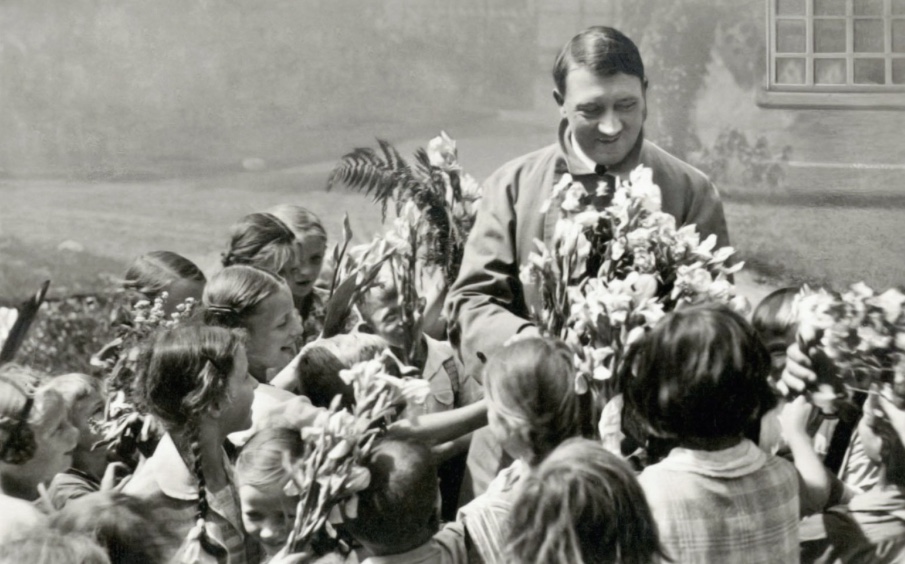Trumpism can perhaps best be described as all the ugly impulses of 1930s Fascism minus the social safety nets.
The current Administration just did their damndest to strip healthcare from the poorest Americans, many of whom supported the orange supremacist into the White House, a move, if it had succeeded, which would have literally killed off part of his base.
Several times during election season I wrote that despite the shocking nature of Trump’s anti-campaign, it really was in a larger sense business as usual for modern Republicans. As Karl Rove and Newt Gingrich sold Family Values hokum they never cared about in order to orchestrate tax breaks for the wealthy and fray social safety nets, the current President peddled protectionism, prejudice and profanity in the name of the same old financial predation.
In a smart Aeon essay, political scientist Sheri Berman recalls that the sustained political success of despots in Germany and Italy between the World Wars was possible in part due to the aggressive social welfare extended to long-suffering loyalists. The opening:
An analogy is haunting the United States – the analogy of fascism. It is virtually impossible (outside certain parts of the Right-wing itself) to try to understand the resurgent Right without hearing it described as – or compared with – 20th-century interwar fascism. Like fascism, the resurgent Right is irrational, close-minded, violent and racist. So goes the analogy, and there’s truth to it. But fascism did not become powerful simply by appealing to citizens’ darkest instincts. Fascism also, crucially, spoke to the social and psychological needs of citizens to be protected from the ravages of capitalism at a time when other political actors were offering little help.
The origins of fascism lay in a promise to protect people. In the late 19th and early 20th centuries, a rush of globalisation destroyed communities, professions and cultural norms while generating a wave of immigration. Right-wing nationalist movements promising to protect people from the pernicious influence of foreigners and markets arose, and frightened, disoriented and displaced people responded. These early fascist movements disrupted political life in some countries, but they percolated along at a relatively low simmer until the Second World War.•
Tags: Sheri Berman

